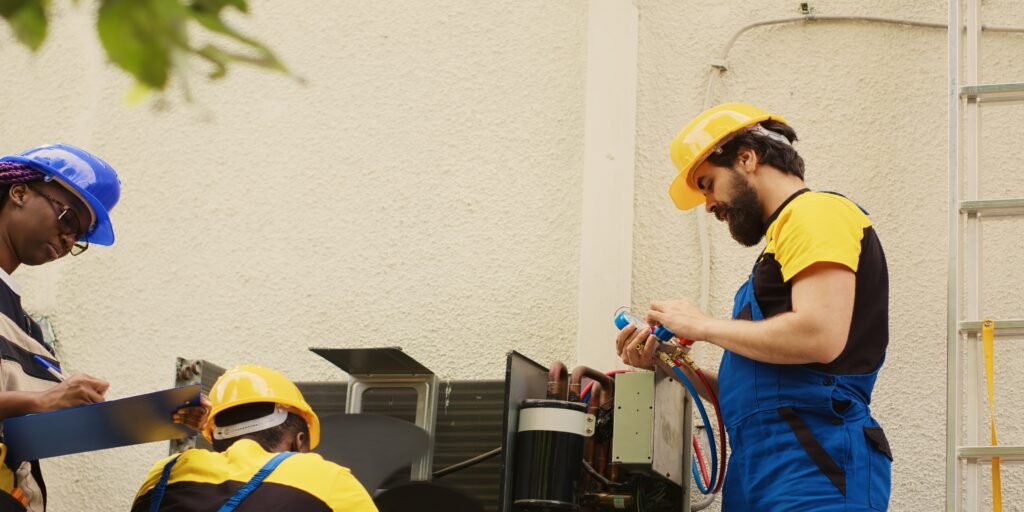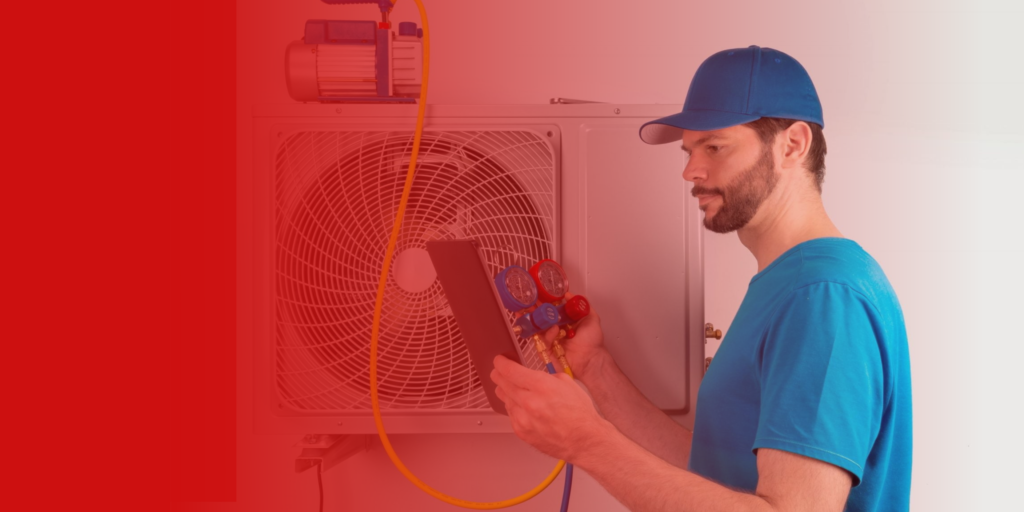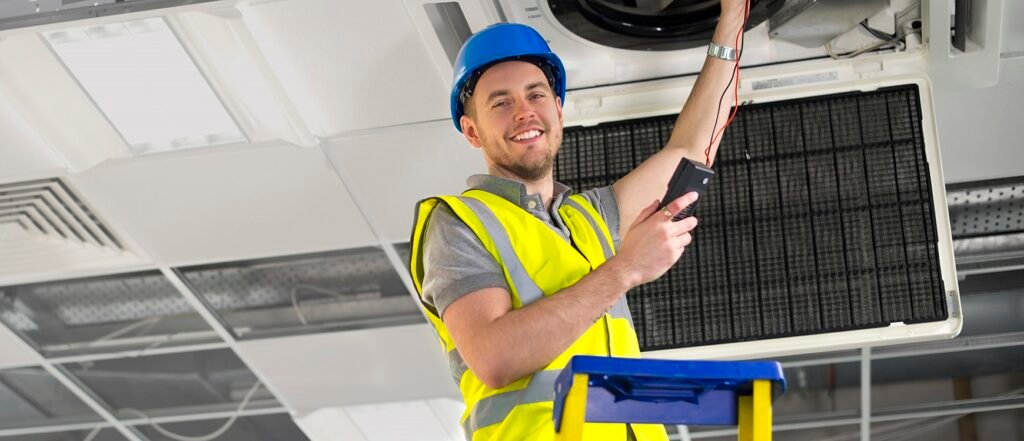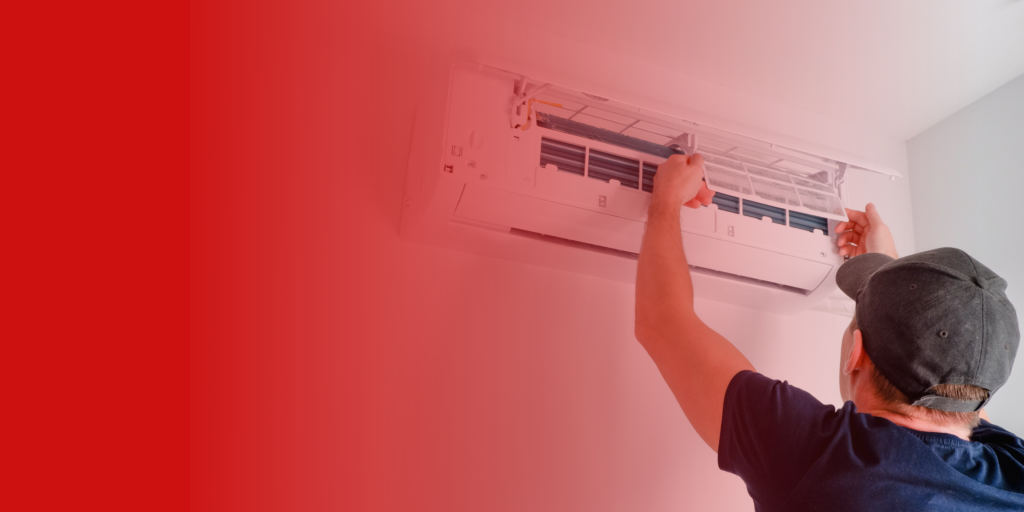
If you’re seeking a practical, high‑demand skill set in Dubai’s booming construction and facilities management industry, an HVAC training course offers the perfect entry point into mastering HVAC technology. These courses go beyond theory to equip you with the know‑how—covering HVAC service, HVAC maintenance, HVAC installation, and design—all essential for modern indoor air quality and environmental comfort. Whether you’re aiming to become a qualified HVAC technician, a specialist in smart systems, or a designer focused on energy efficiency, an HVAC Design Course in Dubai or an HVAC Technician Course in Dubai provides the foundation.
In this article, we’ll walk you through the key highlights of what happens during an HVAC training course—from core principles to emerging technologies—so you can assess which path matches your career goals.
Key Highlights of an HVAC Course in Dubai
1. Essential Knowledge Foundations
An HVAC course delivers deep insight into heating, ventilation, and air conditioning systems tailored for today’s buildings. You’ll explore critical concepts including thermodynamics, load calculations, and system design—all essential for ensuring comfort, efficiency, and safety in any HVAC system.
2. System Design with Practical Tools
You’ll gain hands‑on experience using industry‑standard tools and software. Whether it’s calculating cooling loads, sizing ductwork, or modelling airflow, these practical lessons in HVAC design software train you to optimize systems for maximum energy efficiency in real-world projects.
3. Understanding Components & Controls
Installing and maintaining an HVAC system means knowing its anatomy. You’ll study key elements like compressors, evaporators, condensers, sensors, and control panels—familiarizing yourself with how they operate and integrate for smart, reliable functionality.
4. Building Codes & Safety Standards
Dubai’s construction sector demands strict compliance. Courses include training on building codes, safety protocols, and regulatory standards, ensuring your work meets legal and operational requirements while keeping people safe—an absolute must in MEP and construction roles.
5. Gateway to High-Demand Careers
Once certified, graduates are well-positioned for in-demand roles in Dubai’s construction, MEP, and facilities management sectors. Completing an HVAC Technician Course in Dubai or Fundamentals of HVAC Dubai training opens doors to career opportunities with strong long‑term prospects.
Common Course Modules
Here’s a breakdown of the typical modules you’ll encounter:
- HVAC Fundamentals: Introduction to core concepts—definitions, objectives, and energy factors.
- Basic Principles: Deep dive into thermodynamics, heat transfer, and psychrometrics.
- System Types: Studies of split‑systems, VRF, packaged units, chillers, and heat pumps.
- Components: Learning the operational role of motors, fans, compressors, valves, sensors, and refrigerants.
- Control Systems: Introduction to building automation systems (BAS), thermostats, and PLCs.
- Safety Standards: Training in electrical/ mechanical safety, refrigerant handling (e.g., less harmful refrigerants like R‑32 or R‑410A), and emergency protocols.
What You Will Learn in an HVAC Course
Design & Planning
You’ll master everything from load calculations to duct sizing, selecting appropriate system types, and creating layouts that balance performance with cost-effectiveness. Expectations include leveraging software like AutoCAD, Revit MEP, HAP, or TRACE 700.
Installation & Commissioning
This module teaches you how to physically install HVAC equipment—mounting units, connecting ductwork, plumbing refrigerant lines—as well as conducting commissioning tests to verify system integrity and performance.
Maintenance & Repair
Equally vital is the ability to maintain and troubleshoot systems. You’ll learn preventive methods and diagnostic procedures—like detecting refrigerant leaks, inspecting air filters, and calibrating control sensors—so systems remain efficient and reliable.
Who Is It For?
- Aspiring HVAC Technicians & Engineers: Whether you’re starting your career or seeking specialization in HVAC service and maintenance, these courses position you for technical roles.
- Professionals in Construction & MEP: Engineers, managers, or contractors looking to deepen their technical know-how in HVAC system integration and compliance.
- Facility Managers & Technicians: Those responsible for building systems performance and indoor air quality.
- Students & Career Changers: Anyone interested in jumping into a rewarding, stable industry with robust growth potential.
- Mechanical and civil engineering graduates with specializations in pipeline, oil and gas, design, safety, and construction industries.
Emerging Technologies to Watch
As businesses in Dubai embrace smart and sustainable solutions, HVAC education is evolving too. Forward‑looking modules now include:
- Renewable Energy Integration
Discover how solar thermal panels, photovoltaic systems, or energy recovery systems can reduce dependency on conventional energy and enhance system sustainability. - Smart Building Integrations
Learn to interface HVAC systems with IoT and building automation—to enable remote monitoring, AI-driven optimization, and real-time fault detection for smarter, greener operations. - Advanced HVAC Components
Explore next-generation components like variable-speed compressors, modulating fan motors, and advanced air‑filtration systems to improve both indoor air quality and overall system efficiency.
Putting It All Together
Course Element |
What You Gain |
|---|---|
| Core Principles | Strong foundation in thermodynamics and system behavior |
| Hands‑on Tools | Practical software knowledge for efficient design |
| Component & Controls | Operational skills for installation and troubleshooting |
| Compliance & Safety | Confidence in regulatory adherence and safe practice |
| Injected Innovation | Edge in burgeoning trends like smart and sustainable HVAC |
These ingredients combine to give you both solid HVAC fundamentals and a future-ready competitive edge in Dubai’s tech-forward building sector.
An HVAC Training Dubai offers a well-rounded education that blends theory, practical tools, compliance, and emerging innovations. You’ll acquire critical skills—from HVAC installation to system design and smart building methods—that make you invaluable in the MEP and construction industries.
Ready to take your first step? Enroll with ASTI Academy, ask about smart HVAC and renewable integration, and start shaping efficient, sustainable environments. Reach out to us today or explore our HVAC course offerings to power up your career in this dynamic, ever‑growing field.
We have changed the lives of over 300,000 students since 1995. Now it’s your turn!
About ASTI Academy
ASTI Academy is a leading vocational training institute in Dubai, UAE. Offering Foundation Diploma, Engineering Diploma, and Job-Oriented Short Courses. You will receive a globally recognized certificate upon completion of your courses.
No Need for a career break; you can also study online / part-time. Apply Now! For all other general inquiries, call us at 971 42809955 or email us at enquire@astiacademy.ac.ae
Check our Social media handles, Facebook, Instagram, LinkedIn, and Twitter for more details. Click here to get all questions answered




